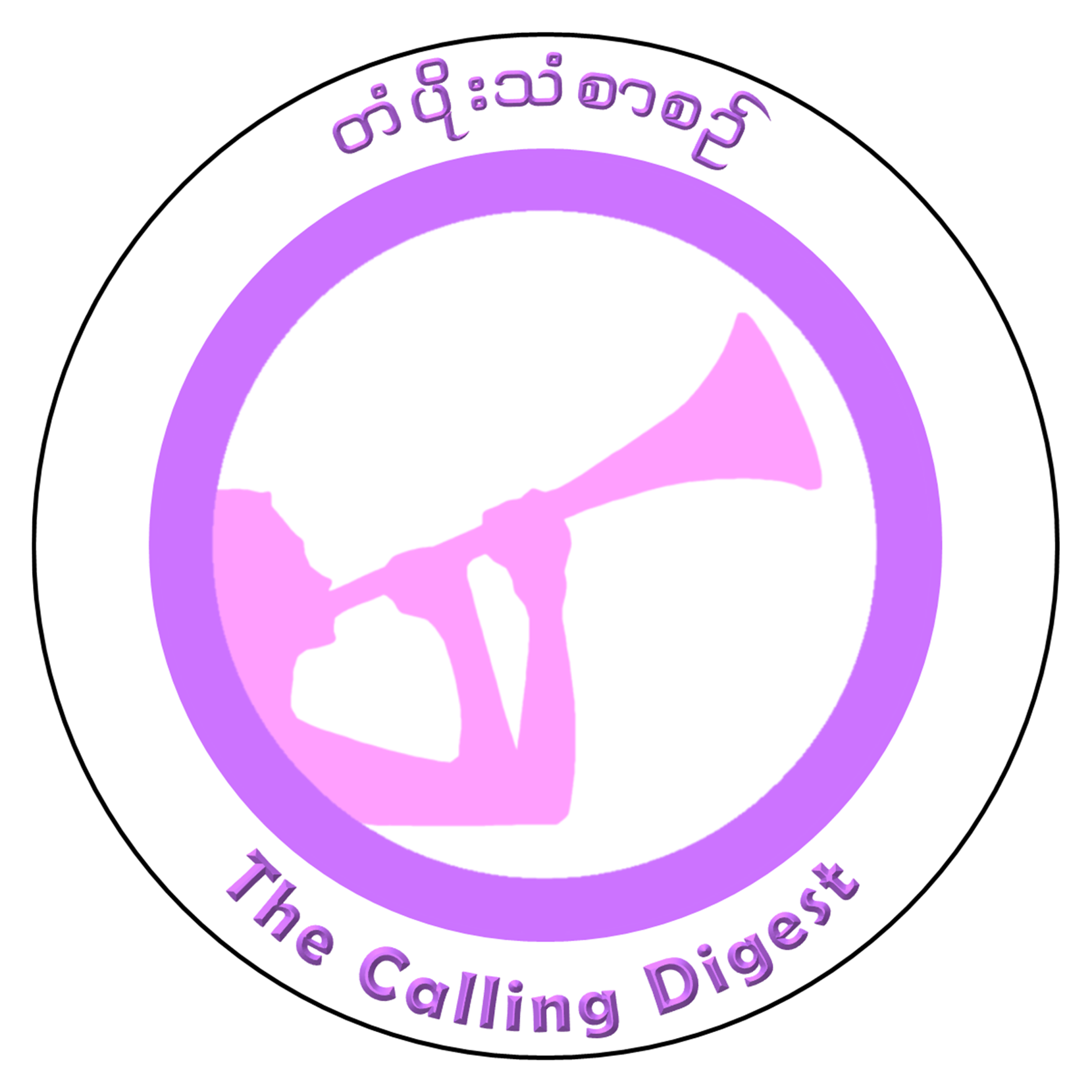Self-determination Without Essential Self

The call for self-determination has long echoed across oppressed peoples, silenced nations, and marginalized communities. It is a cry for dignity, for voice, for the power to shape one’s own path. And rightly so. No one should be ruled from above without consent, nor be folded into a system that denies their story, their memory, or their future.
But what exactly is the "self" that seeks determination?.
If we are honest, that self is not a pure, timeless entity. It is not a sealed ethnic essence or a static tradition. It is a shifting, contested, living fabric — made of culture, resistance, pain, aspiration, and invention. It evolves. It disagrees with itself. It negotiates.
To favor self-determination, then, is not to pretend that identities are fixed but to affirm that communities must have the power to participate in shaping their own definitions. The right to self-determination is not the right to freeze identity, but to navigate it with freedom and care.
This is where the idea matures. Self-determination, at its most ethical, is not about enclosing people into permanent categories or ancient flags. It is about creating the space to revise, to reimagine, to choose — together and repeatedly. It is a practice of becoming, not a return to some essential past.
Especially in contexts where central power dominates, where uniformity is enforced, and where cultural differences are flattened into legal sameness, the claim of self-determination becomes a strategic affirmation of agency. It is a refusal to be told who one is, or must be.
That refusal is not essentialist. It is emancipatory.
It is entirely possible to defend self-determination while remaining deeply skeptical of fixed identities and grand claims of origin. The key is to understand that determining the self does not mean discovering a pure essence. It means having the political power and cultural space to explore who we are, together, without coercion.
And that process requires institutions that protect dissent, pluralism within communities, and the ongoing revision of the collective will. It demands that self-determination not be claimed only by those in power within a community, but shared across its margins.
The question, then, is not whether self-determination is valid — it is. The question is how we ensure it stays open, dialogical, and human, rather than rigid, exclusionary, or manipulated by elites.
In this light, self-determination is not a contradiction to liberty. It is its partner. It is the means by which communities escape externally imposed identities and claim the right to define themselves without pretending that definition is ever final.
Let us protect that right. And let us also protect the humility and fluidity that make it worth defending.
